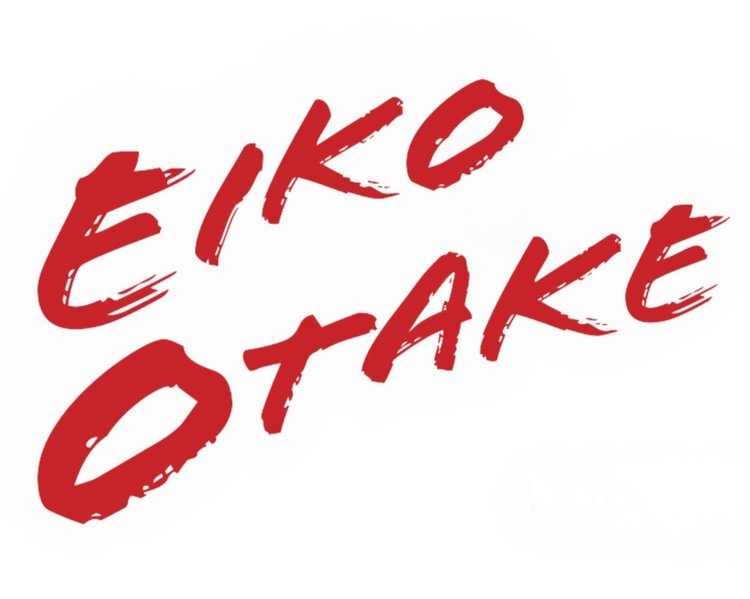Reflection on Dignity
DIGNITY
For a long time, I thought of DIGNITY as an essentially human attribute, a constructed idea about humans created by humans. I resist using glorious, big words when they come from authorities and powers. To understand what a word represents, I look at what it is not. However when I ask, “What is the opposite of dignity?” an answer is not easy. How are the world and beings without dignity? Can dignity be nulled? Do I really need it? How do I articulate, feel and desire dignity?
People might be ill, poor, hurt, or incapacitated, but they do exist. Even the most basic human rights are denied to some people, but at critical conditions, urgency to live brings with it to our and their lives an unadorned dignity, human’s nakedness.
I have always wanted to perform as a woman not as a set of skills, merits, abilities, or big ideas, but with urgency and a naked mind, so that I could connect with wide ranges of lives.
January and July 2014. William Johnston and I worked in the irradiated Fukushima evacuation zones, where we saw no people for hours or for miles. I, however, found a quiet insistence in the torn houses and in the broken furniture that survived the tsunami. Some colors, shapes, and functions were gone but I sensed dignity in the things that were left. Broken, but holding time. Forgotten, but holding memories of loss and traces of the days when these things were used by people. So many people are gone and dead. Were the souls of those people transmitted to these things? I danced not to forget the dignity of these things.
August 2016. Our third visit to Fukushima. More than five years after the nuclear meltdowns, the places we had previously visited were radically changed. Some places are now hardly recognizable. “Decontamination” and“reconstruction” in still uninhabitable zones are new industries that risk the health of many temporary workers. Trucks, bulldozers, and dust erase the memories of the people who had lived there. Overgrown weeds that covered broken things and makeshift memorials that marked the deaths are also now gone.
We looked for places that have not been erased. In Japan, shrines, temples and graves often stand nearby surrounded by trees. Though noise reaches here, bulldozers regularly work around these sacred areas, many of which have been protected for centuries. These places hold a rather special magnetic feel that had originally attracted the people with their prayers. Now the shrines stand still, some broken, some forgotten, and some still well maintained. I danced thinking how these places witnessed so much destruction. Humans embrace then hurt the sacred.
Behind the shrines are forests. They are irradiated, as is everything that grows here. I cannot see or smell radiation and might not even feel it if I did not know what had happened. Forests cannot be decontaminated. Forests do not walk away as humans do. They stay hurt for a long time.
I gasped at the morning light in a forest. It is not that a forest is unfailingly beautiful. But it is achingly beautiful in certain places and at particular times. Rays of light shine with intricately different shades of green.
Dusk approaches. Time walks, sits, and runs like a stream. It is not even. The changes are not predictable, though we know it is getting darker fast. I gasp. I listen to the sound of time. The forest is a place rich in sounds. I dance not to forget “now.”
The sense of awe I felt in the forest made me think for the first time that dignity is not a human invention. Long before people could name what they saw, our ancestors found dignity in forests, rivers, mountains, and seas. They wanted to transmit that dignity into humans.
What humans create imitates humans. Both fail. Sea walls, buildings, equipment, furniture, and nuclear plants. Forests are not human creations, but they breathe and suffer from poisons humans produce. The radiation damage is unjust, beyond reason. Greed eats lives alive, Humans fail in ways no one knows how to fix.
We humans now hurt the very places from which we could learn. Had humans indeed learned dignity from where our ancestors had found it, how had we not learned hesitation? I fear humans are both so capable and incapable.
Dignity is life. Persevering yet precarious.
Bill and I will return to the forests of Fukushima as we did to irradiated towns and villages.
